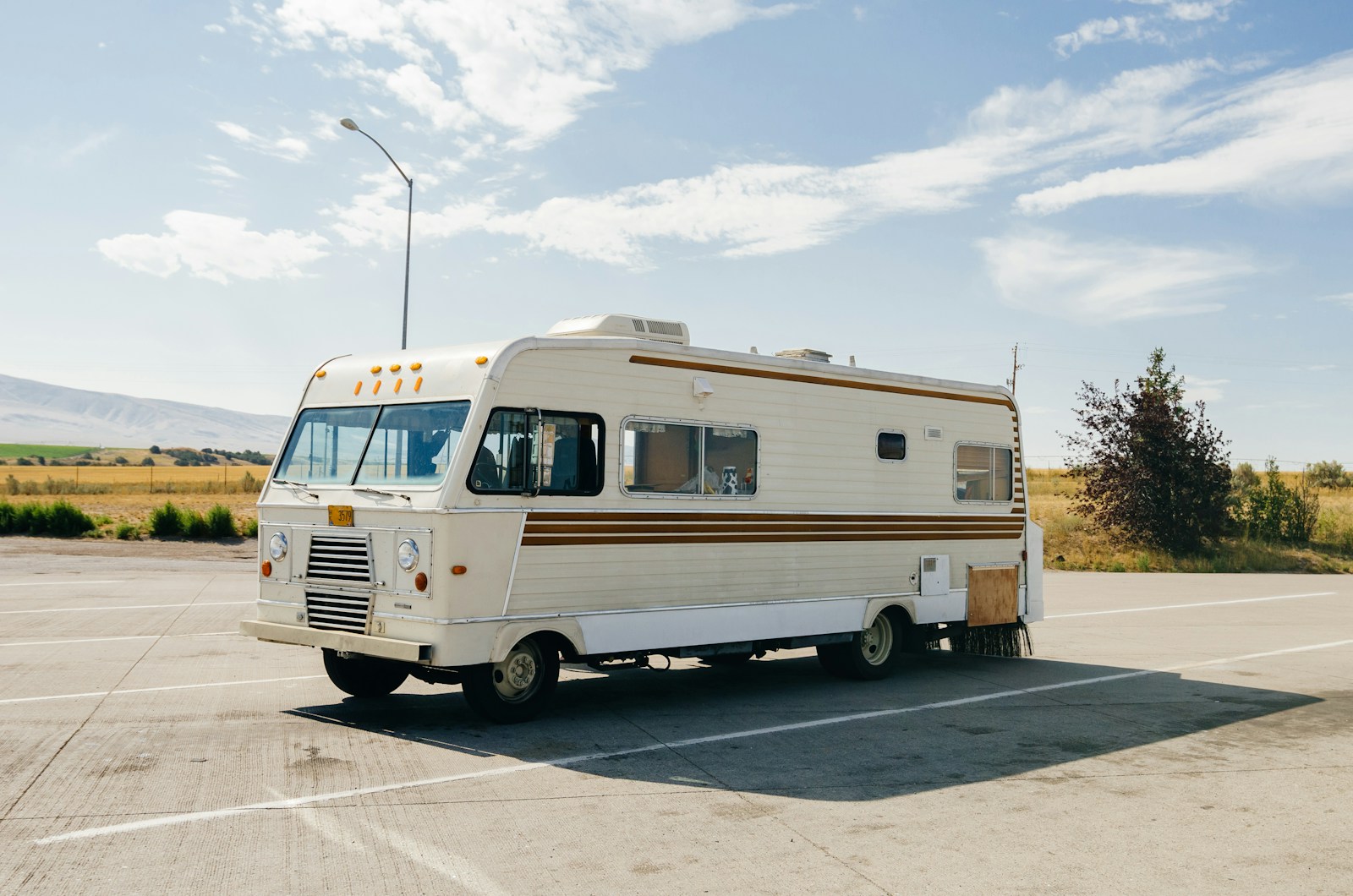
RV Insurance Done Right
Whether your RV is your weekend escape or your full-time home on wheels, the right insurance policy helps keep your adventures on track. For RV owners in North Chesterfield and throughout Virginia, understanding the details of an RV insurance policy is the first step toward choosing coverage that matches your lifestyle—and hitting the road with confidence.
What RV Insurance Typically Covers
At its core, RV insurance offers many of the same coverages as auto insurance: liability, collision and comprehensive coverage. These are essential for covering damage to your RV or another vehicle in an accident.
But since RVs often double as living spaces, policies can go even further. Many plans include coverage for personal belongings, attached accessories like awnings or satellite dishes, vacation liability if someone is injured at your campsite and emergency expense coverage if your RV becomes uninhabitable during a trip.
Why One-Size-Fits-All Doesn’t Work
Every RV owner uses their vehicle differently. Some take seasonal trips, others live in their RV full-time, and some store it most of the year.
Your policy should reflect how and when you use it. Full-timers may benefit from coverage similar to homeowners insurance, while occasional campers might need less extensive financial protection. Customizing your policy helps avoid paying for what you don’t need—or worse, finding out too late that something important isn’t covered.
Coverage Beyond the RV Itself
Many RV owners travel with valuable gear, such as bikes, electronics, camping equipment and more. Personal effects coverage can help replace stolen or damaged items, while roadside assistance coverage can be a lifesaver during unexpected breakdowns.
Depending on your travel style, you might also want to consider total loss replacement or coverage for attached trailers.
Categories: Blog
